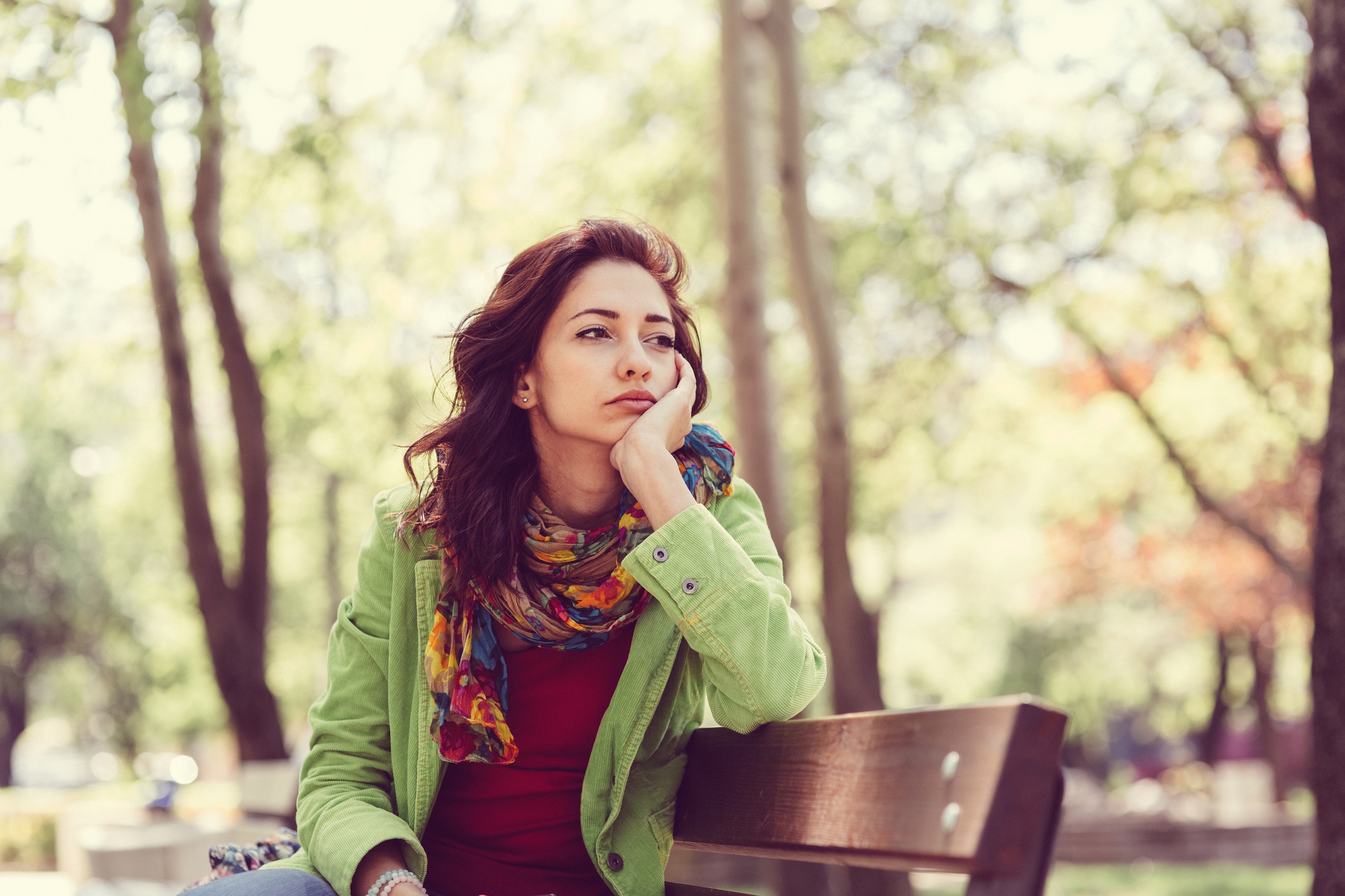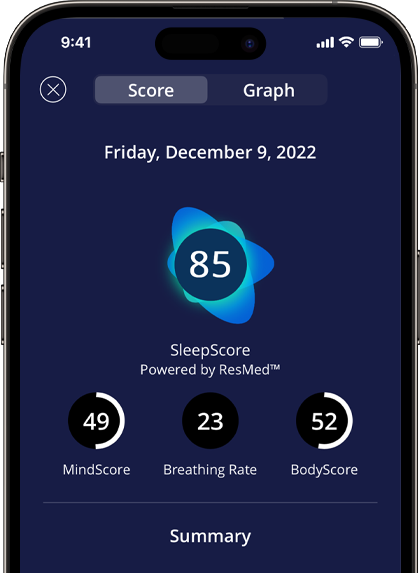Spring Fatigue: Is Tiredness in Spring Real?

The sun is shining, the flowers are blooming, and while others are out basking in the warmer weather, you’re feeling sleepier than ever. What’s up with that? Some people call it Spring Fatigue or Springtime Lethargy. Although it’s not an actual medical or psychological disorder, there are real reasons why you might be feeling extra tired or worn out this time of year. Many factors come into play, including Daylight Saving Time and seasonal allergies. Also, keep in mind that any type of change in our lives or in the environment can cause stress and feel challenging. Try to be patient with yourself during these times.
Adjustment to Daylight Saving Time
In many areas of the world, we shift the clocks ahead in the spring and behind in the fall. With this change in time comes a disruption in sleep for some. When it’s time to “spring forward” and move that clock an hour ahead, the change can mean less sleep that first night, more darkness than we’re used to in the mornings and, for many people, less sleep for the first week or so. Especially during this time of year, it’s very common to lose an hour of sleep if we don’t plan accordingly during the week leading up to the change. When sleep is lost abruptly, it can take about a week for our bodies to adjust to the change. If you’re in this situation, the best course of action is to establish a bedtime routine, follow a consistent sleep schedule, and keep at it until normalcy returns.
Feeling low? Along with a regular bedtime routine and consistent sleep schedule, there are other steps that can be taken to help recover and adjust to the changes in daylight and time shifts.
Try spending some time outside in the natural light; this will benefit your body clock. Staying active during the daytime will help your body get exercise, keep your mood levels up, and enable you to sleep better at night. Aim for getting some physical activity in the morning to help wake you up, boost your mood, and carry those good feelings with you over the course of the day. Any time of day works, but keep in mind to avoid strenuous exercise too close to bedtime. You can also try adding more fruits and vegetables to your diet, for extra energy and vitamins. And don’t forget to stay hydrated! Of course, be careful not to drink too much before bed to prevent unwanted visits to the bathroom during the night.
Seasonal Allergies
With spring comes flowers, and with flowers come pollen. As beautiful as they are, flowers and other aspects of our indoor and outdoor environments can produce allergens that can negatively affect our days and carry over into how we sleep. According to the Centers for Disease Control, about 20 million American adults have been diagnosed with allergic rhinitis, more commonly known as hay fever.
Allergies can make it difficult to sleep at night and, in turn, can lead to daytime drowsiness. This can affect overall quality of life, including ability to enjoy activities and be productive. Fortunately, there are many solutions and remedies to help counteract the effects of allergies. For example, over-the-counter medications such as antihistamines can provide relief for some people; however, make sure to follow the instructions carefully. If allergy symptoms persist or if you become worried about them, talk to your health care provider for further recommendations and treatment options.
For simple at-home solutions, try keeping windows and doors closed during allergy season and use air conditioning if your home has it. The same applies when in the car: windows up and A/C on. This can help reduce pollen exposure and keep dust and other allergens from getting caught in your clothing and hair. Also, keep your hands clean and away from your face as much as possible to avoid unintentionally passing allergens to your nose and eyes. If you have pets, consider having them sleep off the bed or even in a separate room if they make sleeping at night difficult for you.
Clean Air
For a consistent year-round option, invest in an air purifier. SleepScore Labs has conducted validation studies showing that the Alen BreatheSmart 45i air purifier relieves allergy symptoms and improves sleep. The purifier uses a HEPA air filter and removes 99% of pollen, dust, mold, and pet dander in the air. It has a night mode option designed to turn off the device’s lights, and it emits pink noise, a sound which for some people can contribute to better sleep.
In SleepScore’s study of people with seasonal allergies, objective sleep measurements showed that those with the poorest sleep at the start of the study spent less time awake during the night and had improved sleep efficiency (meaning more of their time in bed was spent actually sleeping) when they used the air purifier, compared to their sleep before using the air purifier. In addition, 96% of people in the study reported that the air purifier improved their allergy symptoms.
You’re Not Alone
Don’t despair if you’re someone who experiences tiredness in the spring rather than feeling energized. It’s common for any type of transition to feel difficult as we get used to the change, so take comfort in knowing you’re not alone if springtime is not easy for you. Rest assured that there are many ways to deal with the effects of changes in time and daylight, along with the increase in allergens in the air. Try developing habits that will help you feel healthy and stay consistent in your routines, and soon you will adjust to the changes of the season.
Sleep well!


